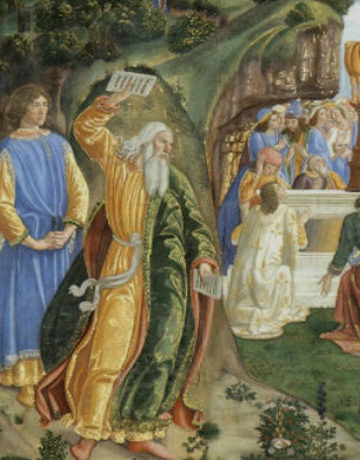
The Limits of Politics
Amy Kass and Leon Kass
Hertog Foundation | 2010
We intend this week to look at politics from the perspective of what is, at first glance, not politics, both from beneath politics (the household or family) and from beyond it (the divine). We contend that these perspectives have much to contribute to politics: they not only illuminate politics by shining light from across its borders; they may also inform politics rightly considered.
We can distinguish three different senses of “limits” of politics: (a) Limits in the sense of “boundaries” and “limitations”: What are the boundaries of the political domain? What are the limitations of its authority? Does it hold sway, e.g., over birth and death, private life (the household, thought), or the divine? (b) Limits in the sense of “sources” and “standards”: What are the sources of political authority and legitimacy? What are the standards for its teachings and pronouncements? Do these come, for example, from nature, from human reason, or from God or gods? (c) Limits in the sense of “goals”: What is the purpose or aim of politics? As war is for the sake of peace, what is politics for: (i) Something beneath politics? (ii) Something beyond politics? (iii) For its own sake—e.g., for the sake of self-governance? More concretely: Is the purpose of politics the securing of individual rights and the safeguarding of private liberty? The promotion of virtue or the perfection of our humanity? Service to the divine, in part through the sanctification of human life and community? We submit that a proper understanding of politics will require attention to all three senses of limits: limitations of political authority, standards for judging political ways and teachings, goals toward which politics point.
To make things complicated and interesting, we will offer two perspectives on these matters, one from Greek tragedy, one from the (Hebrew) Bible. Both look at the city in relation to what is not the city. Yet they offer different views of man’s relation to nature and the divine, and profoundly different views of the divine’s relation to the human. They therefore point to different answers to our questions about limits. For the most part, we will come at these matters indirectly, concentrating instead on the texts themselves, read carefully for their own meaning. But we hope to show that a deeper understanding of politics—including American politics—requires thinking hard about the matters we will be examining this week.
Moselli, Promulgation of the Written Law through Moses, fresco, 1480